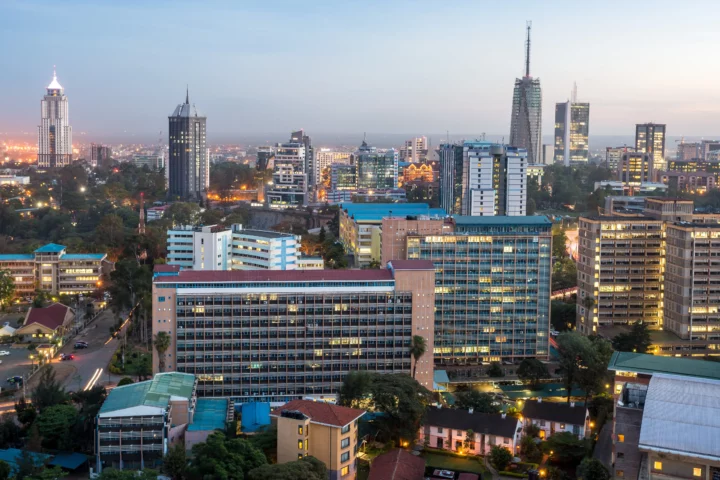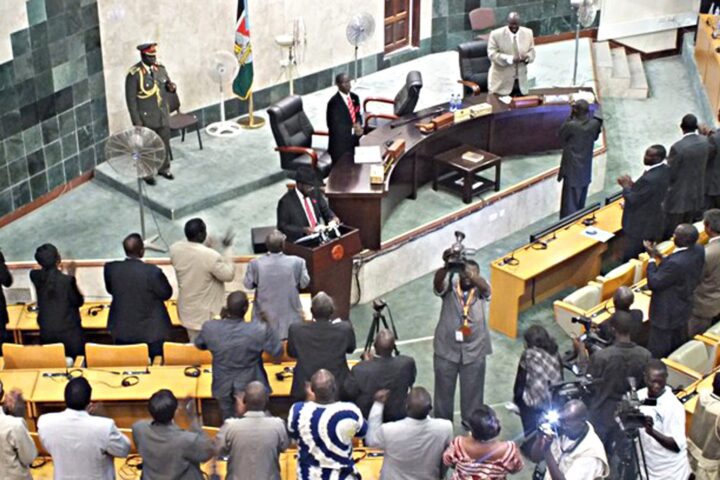Kenya and Ethiopia recently announced a multi-billion dollar railway project that aims to connect the two countries through a 3,000km standard gauge railway network.
The project, called the Lamu–South Sudan–Ethiopia Transport Corridor Project, is set to begin construction in 2025.
The primary objective of the Lapsset project is to construct a high-speed electric railway that will run from the newly completed Lamu Port in Kenya to the town of Isiolo, located approximately 200km northeast of Nairobi. From there, the railway will split into three branches, connecting Nairobi, Addis Ababa, and the South Sudanese capital, Juba.
The estimated cost of the Lapsset project is a staggering $13.8 billion, making it a significantly grander undertaking than Kenya’s other major rail venture, the Standard Gauge Railway line that currently links Mombasa and Nairobi. Despite the immense price tag, the Lapsset Authority expressed confidence in the project’s viability, citing an expected internal rate of return greater than 12%.
To fund feasibility studies that will assess the technical and economic prospects of the railway line, Kenya is seeking $9 million from the African Union Infrastructure Fund. Furthermore, Kenyan transport minister Kipchumba Murkomen stated that he aims to collaborate with Ethiopian ministers to secure joint funding for the project.
This railway initiative is part of a larger trend within East Africa, where countries are increasingly recognizing the importance of robust infrastructure for economic growth and regional integration. Just last month, Kenya and Uganda signed an agreement to jointly raise $6 billion for the extension of the SGR from Naivasha in Kenya to the Ugandan capital, Kampala.
The potential benefits of the Kenya-Ethiopia railway connection are enormous. It will facilitate the efficient transportation of goods and people between the two countries, driving economic development and promoting trade. Additionally, this project will enhance connectivity within East Africa, opening up new avenues for collaboration and regional integration.
Notably, the railway line will significantly reduce the time and cost involved in transporting goods between Kenya and Ethiopia. Currently, cargo between the two countries has to be transported by road, with all the associated delays and logistical challenges. The new railway will provide a faster and more reliable alternative, presenting a major boost to trade and commerce in the region.





























